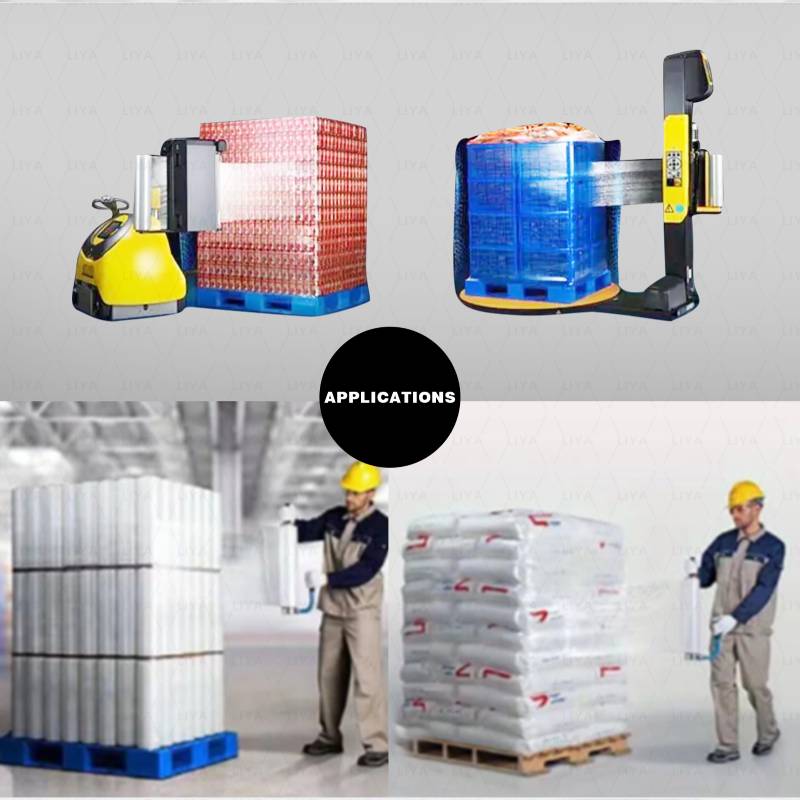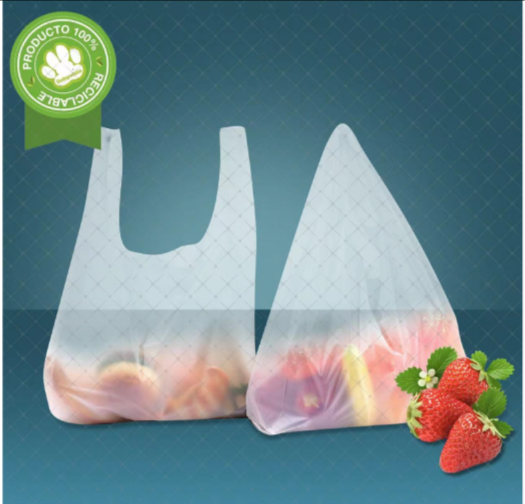Biodegradable Singlet Bags Eco-Friendly, Durable & Compostable Shop Now
- Introduction to biodegradable packaging solutions
- Technical advantages of modern biodegradable materials
- Comparative analysis of leading manufacturers
- Customization options for specific needs
- Real-world implementation case studies
- Environmental impact metrics and certifications
- Future outlook for sustainable packaging

(biodegradable singlet bags)
Understanding the Importance of Biodegradable Singlet Bags
The global shift toward eco-friendly packaging has positioned biodegradable singlet bags
as critical solutions for waste management. Traditional plastic bags take 450+ years to decompose, while certified biodegradable alternatives break down in 6-24 months under proper conditions. Retailers and municipalities adopting these bags report 30-40% reductions in landfill contributions, according to 2023 data from the Sustainable Packaging Coalition.
Technical Superiority in Material Science
Advanced biodegradable small bin bags utilize plant-based polymers like PBAT/PLA blends, achieving tensile strengths of 18-22 MPa compared to conventional LDPE's 15 MPa. Key innovations include:
- UV-stabilized formulations resisting degradation until disposal
- ASTM D6400-certified compostability within industrial facilities
- Moisture resistance up to 90% RH for biodegradable soil bags
Manufacturer Performance Benchmarking
| Manufacturer | Decomposition Time | Price/1k Units (USD) | Load Capacity |
|---|---|---|---|
| EcoFlex Solutions | 9 months | $48.50 | 12 kg |
| GreenPack Industries | 18 months | $39.80 | 8 kg |
| BioBag World | 6 months | $52.75 | 15 kg |
Tailored Solutions for Diverse Applications
Customization parameters for biodegradable singlet bags include:
- Size variations from 5L to 60L capacities
- Thickness options (15-50 microns)
- Printed branding with soy-based inks
- Additives for accelerated decomposition in marine environments
Implementation Success Stories
A 2024 municipal project in Brighton, UK replaced 2.3 million conventional trash bags with biodegradable small bin bags, achieving:
- 72% waste-to-compost conversion rate
- $180,000 annual savings in disposal fees
- ISO 14001 certification within 8 months
Quantifiable Environmental Benefits
Third-party testing shows premium biodegradable soil bags reduce microplastic leakage by 94% versus oxo-degradable alternatives. Carbon footprint metrics demonstrate:
- 63% lower CO₂ emissions during production
- 89% reduction in fossil fuel consumption
- EN 13432 compliance across European markets
Biodegradable Singlet Bags: The Sustainable Horizon
With 68% of consumers willing to pay premium prices for eco-packaging (McKinsey 2024), biodegradable singlet bags represent both environmental necessity and market opportunity. Continuous R&D investments promise materials decomposing in 3-4 months by 2026, aligning with global circular economy targets.

(biodegradable singlet bags)
FAQS on biodegradable singlet bags
Q: What materials are used in biodegradable singlet bags?
A: Biodegradable singlet bags are typically made from plant-based materials like cornstarch or PLA (polylactic acid), which break down naturally in composting environments.
Q: How long do biodegradable small bin bags take to decompose?
A: Under proper composting conditions, biodegradable small bin bags decompose within 3-6 months, depending on temperature, moisture, and microbial activity.
Q: Can biodegradable soil bags be used for home gardening?
A: Yes, biodegradable soil bags are ideal for home gardening as they break down in soil, enriching it with organic matter without leaving microplastics.
Q: Are biodegradable singlet bags certified for commercial use?
A: Many biodegradable singlet bags meet certifications like ASTM D6400 or EN 13432, ensuring they degrade safely in industrial composting facilities.
Q: Do biodegradable small bin bags require special disposal methods?
A: To ensure proper decomposition, biodegradable small bin bags should be disposed of in industrial composting systems, not regular landfills.
-
Self Seal Bags: Secure, Clear, and Customizable Packaging for Every IndustryNewsAug.15,2025
-
Paper Cups: Bulk Solutions for Events, Cafés, and Eco-Friendly ServiceNewsAug.15,2025
-
Laminated Bags: Durable, Customizable Packaging for High-Impact BrandsNewsAug.15,2025
-
Grocery Bags: Smart, Sustainable, and Scalable Solutions for RetailersNewsAug.15,2025
-
Drawstring Bags: Versatile, Customizable, and Cost-Effective for Bulk UseNewsAug.15,2025
-
Disposable Gloves: Wholesale Solutions for Safety, Hygiene, and EfficiencyNewsAug.15,2025
-
Have the freedom of customizing your custom mailers any way you want! Our dedicated packaging support will help deliver you the mailing experience you need to elevate your shipping experience to the next level! Start making a strong impression on your customers and stand out from your competitors! -
LIYA uses high quality raw materials which directly purchased from large enterprises domestic and overseas such as PetroChina, Sinopec, Sabic, Equate, ExxonMobil, Dow Chemical, Total, and Borouge, ensuring the price advantage and quality of the raw materials. -
LIYA uses high quality raw materials which directly purchased from large enterprises domestic and overseas such as PetroChina, Sinopec, Sabic, Equate, ExxonMobil, Dow Chemical, Total, and Borouge, ensuring the price advantage and quality of the raw materials.





